|
Voices for Earth justice need to be informed voices.
That's why we started sharing information, news, stories, and trends several times a day on our Facebook page in 2019. Keeping you informed and inspired will make you a clearer, stronger voice for Earth justice. Here are the top ten stories VEJ shared at facebook.com/voices4earth in 2019 (ranked based on the number of engagements per story): 10. Report: Since 2010, Detroit has built more walkable urban spaces than any other U.S. city (Curbed Detroit). 9. Air pollution is getting worse and data shows more people are dying (Washington Post). 8. Detroit LED streetlights going dark after a few years (Detroit News). 7. Downriver communities aim to shed industrial image, reclaim waterfront (Second Wave). 6. Detroit releases plan to address city's sustainability issues (Curbed Detroit). 5. The 'Amazon Effect' is flooding a struggling recycling system with cardboard (The Verge). 4. Dr. Katharine Hayhoe is an evangelical Christian climate scientist--and a breath of fresh air (Good). 3. I had to sort through your recycling mistakes: Live ammo, dog poop, dead rats (Detroit Free Press). 2. Adidas is making 11 million shoes out of recycled ocean plastic (Good). 1. What cities can do to help the birds and bees survive (CityLab). Believe it or not, we read dozens of news sources every day and pick the stories we think you'll like the most. If you enjoy what we share and value the work we do to find it and put it where you can read it, would you please make a year-end gift to VEJ today? Just click on the button below and make your gift on our secure online donation page. Thank you for being part of the VEJ community. We look forward to sharing even more information and inspiration with you in 2020.
0 Comments
Back in 2011, VEJ bought 15894 Greydale Street in Detroit for back taxes. From the very start, a neighborhood garden was part of what VEJ leaders imagined for the place.
The place for the garden--a vacant lot next to Hope House--was not ideal. The soil, like soil in many vacant lots in Detroit, was possibly contaminated. So many trees around, and on, the lot blocked out direct sunlight. Hope House & Gardens itself stands on the most sparsely-populated block in the Hope Park neighborhood, which means fewer neighbors to take up gardening with VEJ. Nevertheless, VEJ staff and volunteers went to work coaxing a garden from the shadows and sickly soil. Each year, the garden got a little hardier and healthier. In 2018, one of the volunteers who helped start the garden returned as VEJ garden program leader. L'Oreal Hawkes-Williams came back to VEJ with a vision for making the garden into a living laboratory and learning space for the neighborhood. She cleared the entire garden lot and started from scratch with a new design. Hawkes-Williams's design for the garden made it more about holistic health and neighborhood togetherness. She added new features like a "medicine wheel," mushroom mound, and wildflowers to teach aspects of gardening that go beyond just food. In 2019, VEJ added an emphasis on teaching organic sustainable gardening methods to Hope Park neighbors. This included more than 20 classes and workshops along with "drop-in gardening" with Hawkes-Williams and garden interns two or three days a week. Around 300 volunteers came to work in the garden in 2019--VEJ's most popular form of outreach and service. "L'Oreal put together as good a program as any I have ever seen," said VEJ executive director BT Irwin. "The mix of classroom learning, hands-on practice, and personal coaching was excellent. Anyone who was part of it would come away from it a better gardener and better steward of Earth. We got rave reviews from people who came to learn from L'Oreal and work with her." Unfortunately, Irwin said, the garden program fell short in two important ways. "The neighborhood didn't really get into the garden too much," said Irwin. "That's not for a lack of trying. We reached out to neighbors and neighborhood groups. We went door-to-door. Our Community Dinners at Hope House we popular with neighbors, but that didn't turn into much participation in the garden program." Irwin said the other shortfall was the loss of so much produce to wildlife. "I bet nine out of ten pounds of food we grew in the garden ended up feeding groundhogs and deer," said Irwin. "We tried everything short of putting a tall fence around the garden and none of it worked. They just kept on coming." Irwin said that other gardens in the neighborhood are big enough to produce enough food for both human and wildlife consumption. VEJ's garden is too small for that. Even though the garden didn't meet its two most important goals in 2019, Irwin said it still did a lot of good. "Oakland University found that our garden is one of the strongest pollinator centers in Detroit," said Irwin. "And it's hard to measure the appeal and beauty the garden adds to the neighborhood when it's in full bloom." Not to mention the hundreds of volunteers--most of them youth--who come from all over the country to work in the garden each year. "One of my favorite things about the garden is how neighborhood kids come down to work with other kids who come from all over," said Irwin. "They get close to each other. They like each other. They see how much alike they really are. Hope grows." Building on these positives, the neighborhood garden will be back with improvements in 2020. "Everything we do at VEJ is an experiment," said Irwin. "Earth justice is an experiment that nobody really knows how it will turn out. We give it our best try, learn from our mistakes, and try something a little different. In that sense, the neighborhood garden is a really important part of what we do. We may learn more about Earth justice from what we do in the garden than anywhere else." In November, VEJ's board of directors elected new officers for the first time since 2017:
The National Wildlife Federation recently designated VEJ's Hope House & Gardens a Certified Wildlife Habitat. Hope House & Gardens met four criteria for the designation:
"We don't want to just talk about Earth justice, we want to practice Earth justice," said VEJ executive director BT Irwin. "We don't just want to tell people how to do it, we want to show them how to do it. This designation from the National Wildlife Federation is affirmation of all the work so many people put into restoring Hope House & Gardens as a habitat over the last few years." Hope House & Gardens will add another strong element to its habitat and pollinator status when it gets a Bees in the D beehive next year thanks to a grant from the Father Clement H. Kern Foundation. Hope House & Gardens fell victim to a break-in and vandalism in the month of November.
Early in the month, someone broke the plexiglass on the door of the Little Library that stands in the neighborhood garden. A couple of weeks later, someone kicked in the door to the Hope House studio. "These things happen," said VEJ executive director BT Irwin. "It doesn't matter where you are or who you are, this is just part of having property. You just have to plan for it and respond as best you can." Irwin said that whoever broke into the studio did not damage anything inside and did not take anything. He or she closed and and tried to lock the door when he or she left. "The break-in happened during an intense cold snap when the temperature was down close to zero," said Irwin. "Our best guess is that someone just needed to warm up." Irwin said these are the first cases of vandalism at Hope House & Gardens since he joined VEJ in September 2017. He said he believes both cases are random and don't point to a trend. "We have great neighbors on Greydale Street," said Irwin. "Abdul and his family live a few doors down, Randall lives right next door, and Regina lives right behind Hope House. They all look out for the place like it's their own. People around Hope Park are respectful of Hope House & Gardens." Rather than add more security (which isn't really possible), Irwin said he would rather focus on looking for ways to better meet the needs of the neighborhood. "If someone is cold enough or hungry enough to break into Hope House, what does that tell us about the needs of our neighbors?" asked Irwin. "We don't need to be asking how to 'build a higher fence,' but how to remove barriers between people and what they need." VEJ Giving Thanks luncheon features stories from a rabbi who walked from Boston to Detroit12/11/2019 Celebrity chef, interfaith activist, and "Triple Bottom Line" business owner Amanda Saab will headline VEJ's Second Annual Interfaith Prayer Breakfast on Earth Day (April 22) 2020.
"Amanda walks the Earth justice talk and she's blazing trails for others to do the same," said VEJ executive director BT Irwin. "Her story and her wisdom will inspire everyone in the room on Earth Day 2020. Saab first gained national fame as a contestant on Fox's Masterchef in 2015. She was the first contestant to wear the hijab--a traditional headscarf for Muslim women--on a primetime national cooking competition show. In 2017, Amanda and her husband, Hussein, started Dinner With Your Muslim Neighbor to help non-Muslims build familiarity, friendships, and understanding with their Muslim neighbors. In 2018, she opened Butter Bear Shop, a "Triple Bottom Line" business in Livonia, Michigan. Last year, VEJ hosted its first Interfaith Prayer Breakfast on the National Day of Prayer (May 2) because Earth Day (April 22) fell on the day after Easter. This year, the event will move to Earth Day, Wednesday, April 22, which is also the 50th anniversary of the first Earth Day in 1972. Details such as location and ticket prices will be announced in January 2020. Before you get into reading the blog post, here is VEJ's 2019 Report and 2020 Outlook. If you've been part of us in the past or you're thinking about being part of us in the future, please read it to get a good grasp on what VEJ is all about and how we're doing our work.
As you guessed from the headline, this is a blog post about the year we are about to end and the year we are about to start. By "we" I mean you and me and us and everyone you know and don't know. We're all in this together. President John F. Kennedy said: "In the final analysis, our most basic common link is that we all inhabit this small planet. We all breathe the same air. We all cherish our children's future. And we are all mortal." He said these words in a speech about the threat of nuclear war. He called upon his listeners to think twice about their attitudes toward America's enemy: The Soviet Union. President Kennedy dismissed those who held the belief that the Russians were immoral people beyond hope of being any good. He reminded his listeners that it would take the people of the Soviet Union--just as much as it would take the people of the United States--to keep the world from destroying itself with nuclear weapons. In the quote above, he reminded his listeners of the humanity common to both Americans and Soviets. In sum, Kennedy was saying: We're all in this together. This morning on the walk to school, my seven-year old told me he was going to play a prank on a girl in his first grade class. I asked him if she is a friend of his and if this is the kind of thing they do as friends. He said: "No. She's mean to me." "So, you're going to be mean back? Is that your plan?" I asked. He paused for a long time. Then he said, sheepishly: "Dad, she's really beautiful." I asked him if he ever told her she is pretty. To be honest, as a 44-year old male living and working in the #MeToo world, I wasn't sure this was the right thing to say. But, a dad has to grasp for teachable moments where he can get them. He said: "No." Then I asked him: "Daniel, who chooses for you whether you're kind or not kind to someone else? Who makes that choice?" He started in on an excuse. I backed up and asked: "Daniel, have you ever given this girl a reason to be mean to you? How do you treat her? How do act whenever she's around?" He admitted that the girl is a good student who pays attention in class. My son has his share of getting in trouble for cutting up. He's a class clown. I asked Daniel if maybe this girl didn't like him because she was trying to do her schoolwork while he and his buddies were trying to get out of doing theirs. He admitted that could be the case. Then I said to him: "Daniel, the only person who can choose how you act and feel and think is you. Nobody can make you choose to be mean to them by being mean to you first. You always have the power to choose friendship and kindness. And, you know what? If you choose to be friendly and kind--even when someone is mean to you--I bet you most people will end up being friends with you. They'll want to help you and support you the way you help and support them." We've been talking a lot about attitudes and choices lately and I think he kind of got it. We made a plan: He should pay this girl a compliment. Maybe he could tell her he likes the way she does her work in class. It's a start. Friends, I'm not going to choose to go along with the meanness in our country and in our world right now. I'm not going to choose to see people who disagree with me or who oppose me as bad people or stupid people. And that goes for VEJ, too, as long as I'm leading us. We're going to see people as people. We're going to choose to treat them as human beings who are just as frustrated and hopeful and scared as we may be. Why? Because it's the right thing to do. And because climate change is at least as big a threat to humanity as nuclear war. And if you believe President Kennedy when he said it would take Americans and Russians working together to avoid a nuclear apocalypse, then you have to believe it will take people from every walk of life to avoid a climate apocalypse. So, our 2020 theme at VEJ is going to be We're All In This Together. VEJ is going to work to create common ground and safe spaces for people to come together from all walks of life. We're going to offer information (training) and inspiration (real-life stories) that show how people from different backgrounds can work together for Earth justice. As the year goes on, we hope to have more nitty-gritty conversations that bring together people who, at first might seem like opponents, but may turn out to be allies in the Earth justice movement. Let's talk about the elephant in the room. Yes, this direction and this theme are our response to the political climate in the United States. I'm going to put it in black and white for the record: We are not going to be part of the noise pollution coming from the national elections in 2020. For one, as a 501c3, VEJ can neither campaign for, nor endorse, any political figure, party, or platform. We are an apolitical organization by law. However, we will not act like the election is not happening. My hunch is that most people in this country will be discouraged, disgusted, exhausted, and feeling a loss of hope. I believe that about people on both sides of the political divide. So, we want to offer another way. A better way. We want to not only show that it is possible for people to come together for Earth justice, but that some of the best Earth justice work can come from allies who used to think of each other as opponents. We want to give people the know-how, the relationships, and the tools they need to put it into practice in their own communities and lives. This is what I mean when I call VEJ a "pebble in the pond." Look, we have a choice to react or respond. React, and we get more of the same. React, and we ensure that Earth justice will be as elusive as ever as we isolate ourselves more and more. But if we respond--that is, we lead in compassion, grace, humility, kindness, and love for all--we have a chance. We have a chance to gather around us a plurality of people who are able, ready, and willing to work together for Earth justice. We're all in this together. I believe this. Do you? |
Categories
All
Archives
December 2021
|
Copyright © 2024 Voices for Earth Justice, nonprofit 501(c)(3). All Rights Reserved.
Mailing address: 15894 Greydale Street, Detroit, Michigan 48223 Email: info@voices4earth.org Phone: (313) 355-6042
Mailing address: 15894 Greydale Street, Detroit, Michigan 48223 Email: info@voices4earth.org Phone: (313) 355-6042

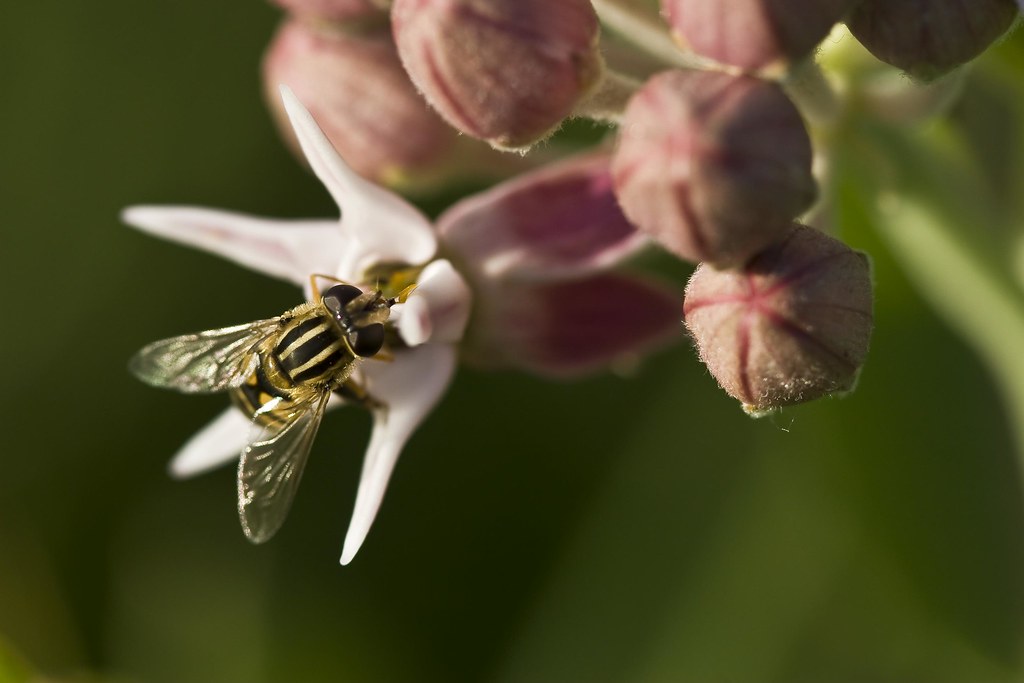
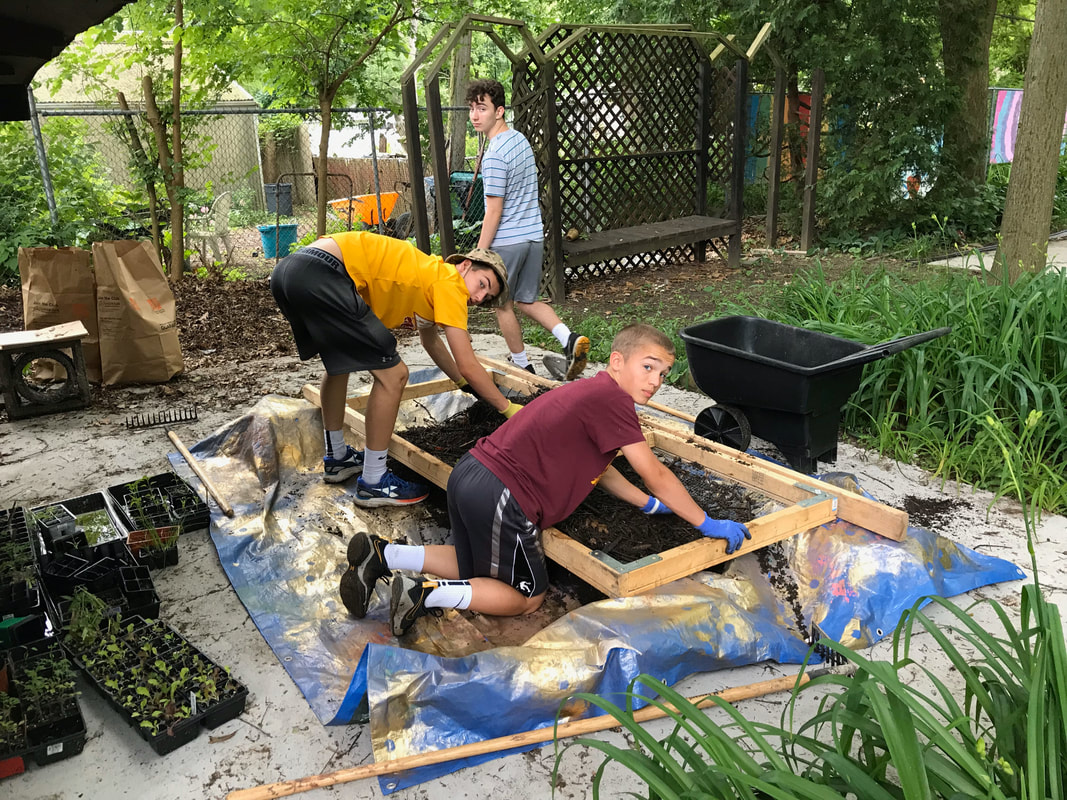
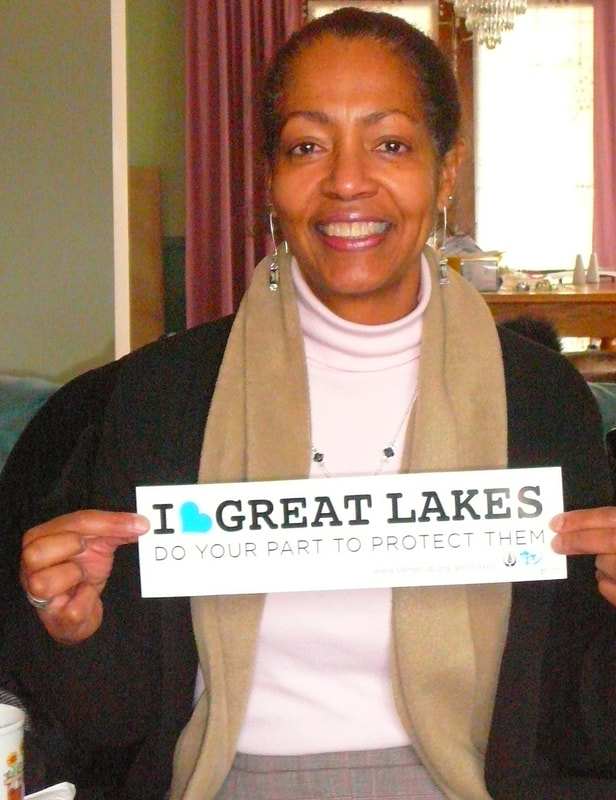
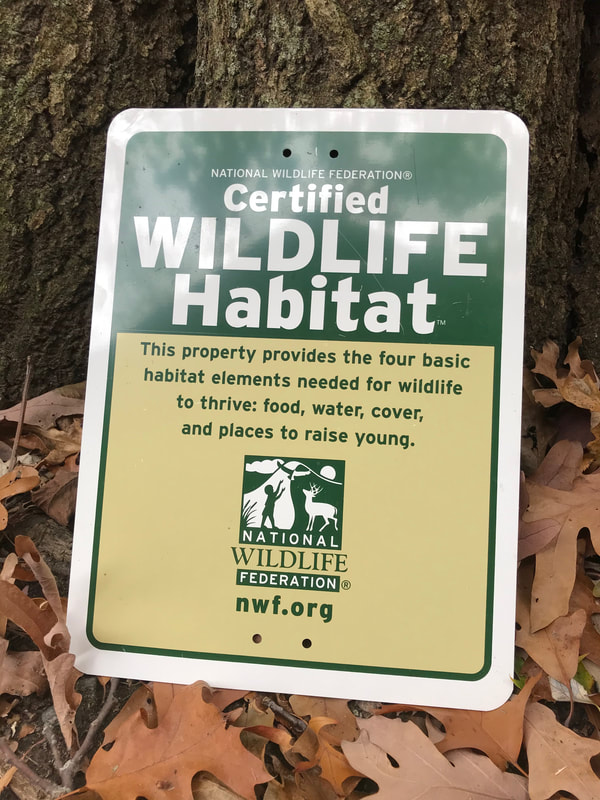
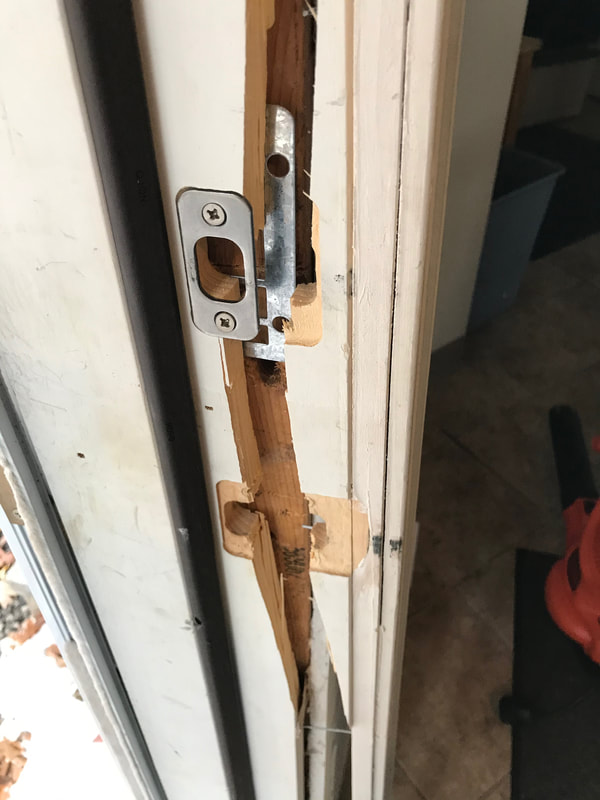
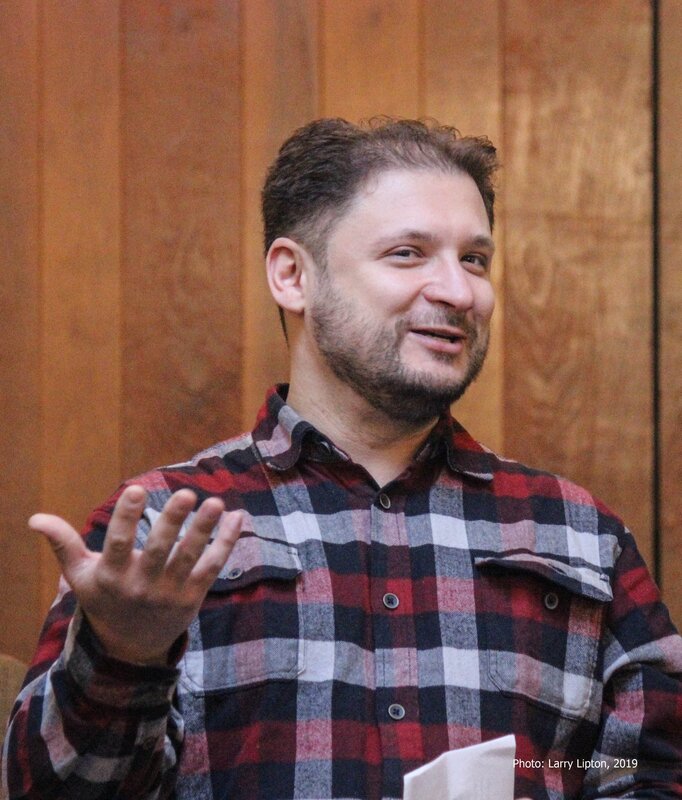
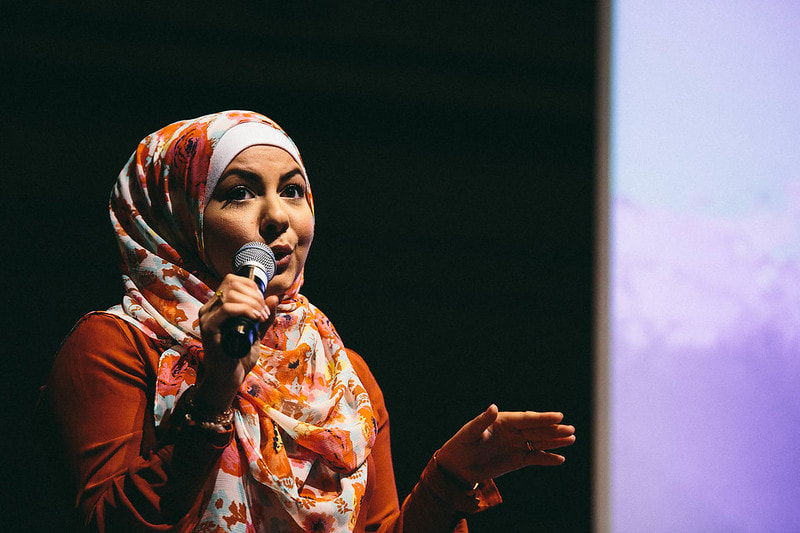
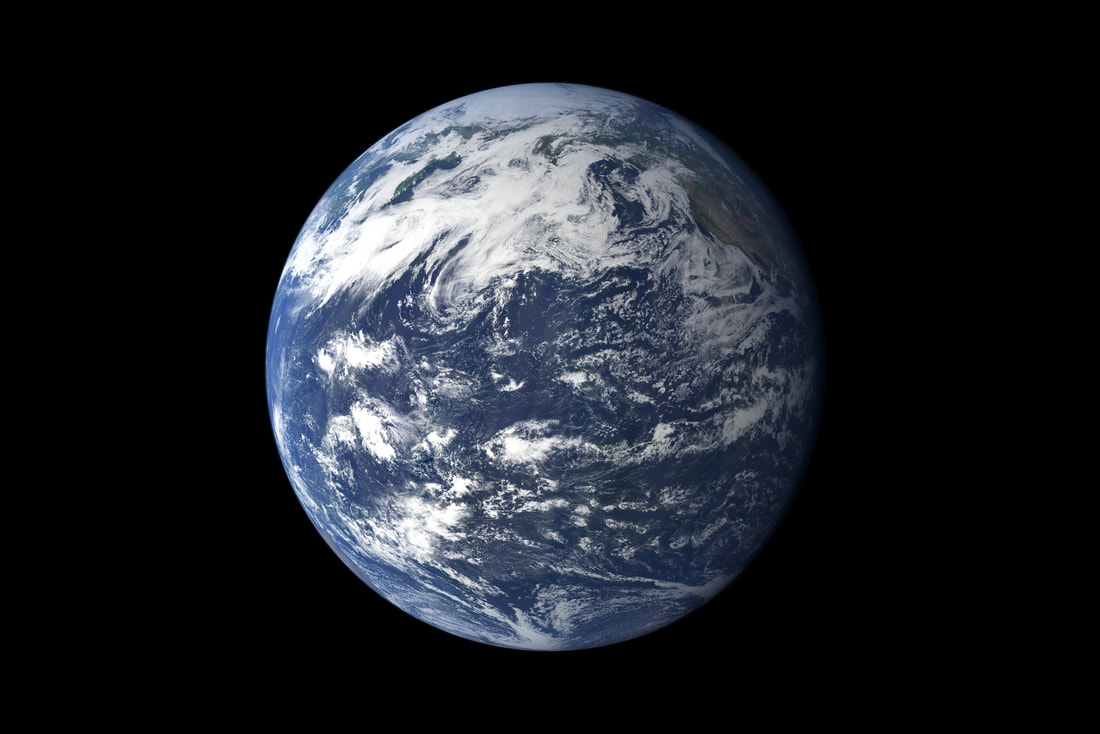
 RSS Feed
RSS Feed